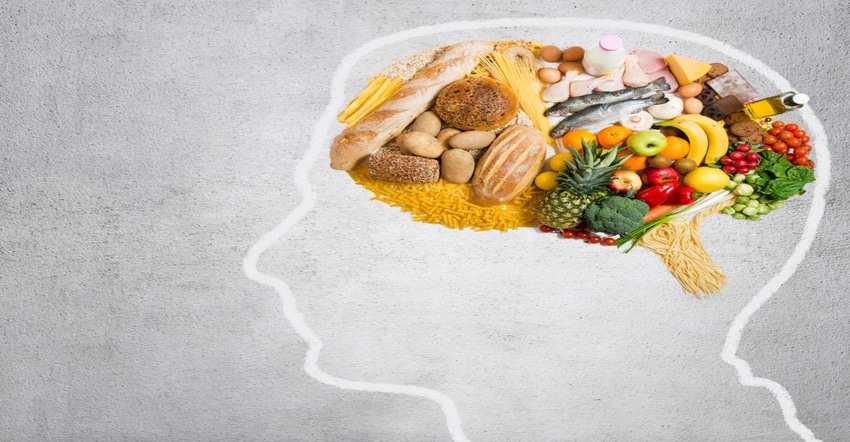Research has shown how probiotics benefit mood and brain health by improving the microbiota-gut-brain axis.
September 14, 2018

The microbiota-gut-brain axis is a bidirectional network in which the brain directs activities in the gut, and resident gut bacteria, in turn profoundly shaping brain development, behavior and mood.1-5 The composition of the microbiome influences normal neurologic development in utero and during the neonatal period.6 Intestinal permeability defects are thought to underlie the chronic low-grade inflammation observed in stress-related psychiatric disorders.7 Those with depressive symptoms frequently exhibit increased expression of pro-inflammatory cytokines.8,9,10 Gut microbiota influence transcription of these same cytokines, with dysbiosis triggering the so-called inflammasome pathway, while beneficial metabolites (short-chain fatty acids [SCFAs], in particular) reduce production of pro-inflammatory cytokines.11
It is now recognized that stress and mood disorders, such as depression and anxiety, are influenced by the health of the gut and the microbiome’s modulation of systemic inflammation. Although introduced as early as 1910,12 it has taken more than a century to establish the so-called ‘gut-brain axis’ as a critical pathway for the prevention and treatment of clinical depression.13,14
Today, a new class of probiotics, known as psychobiotics, are being embraced by physicians as a nontoxic intervention for various psychiatric conditions.15,16 Preclinical research laid the groundwork to investigate the use of probiotics for the treatment of mood disorders in humans, and several clinical trials have examined the role that probiotic supplementation plays in the treatment of depression and anxiety.
In 2017, Wallace and Milev at the Queen’s University in Canada conducted a systematic review of 10 clinical trials on probiotics and mood.17 Most of the studies found positive results on measures of depressive symptoms. One study by Steenbergen and colleagues is noteworthy because the multispecies probiotic studied (as Ecologic Barrier from Winclove) significantly reduced overall cognitive reactivity to depression—specifically, aggressive and ruminative thoughts, as assessed by the Leiden index of depression sensitivity (LEIDS-R).18 Many patients, especially young people with no prior history of depression, would prefer non-pharmaceutical interventions as a first-line treatment,19 and this study is the first to demonstrate that probiotics are a viable preventive in this respect.
To date, clinical trials on probiotics for depression and anxiety have been heterogeneous in terms of dosing, probiotic strain selection and length of treatment. Further randomized controlled clinical trials are warranted to validate the efficacy of this promising intervention.
Jeremy Appleton is a naturopathic physician and dietary supplement industry professional. An alumnus and former nutrition department chair of the National University of Naturopathic Medicine (NUNM), he is an author, educator and vice president of science and education for SFI USA, which manufactures dietary supplements under the Klaire Labs brand.
For a list of references, email [email protected].
Cognitive Health at SupplySide West
Learn more about how probiotics benefit brain health from Jeremy Appleton during the “Delivering Mental Clarity: Formulations to Fight Anxiety & Stress” Workshop on Friday, Nov. 9, at SupplySide West in Las Vegas.
About the Author(s)
You May Also Like




.png?width=800&auto=webp&quality=80&disable=upscale)